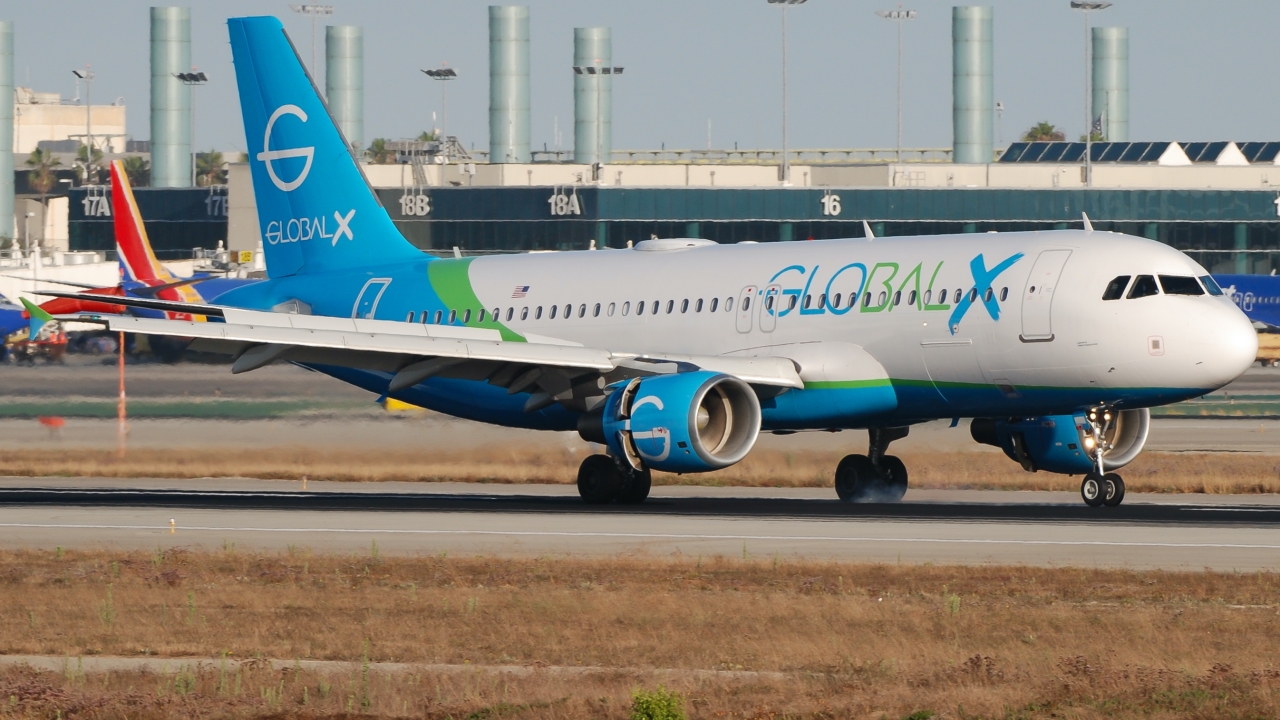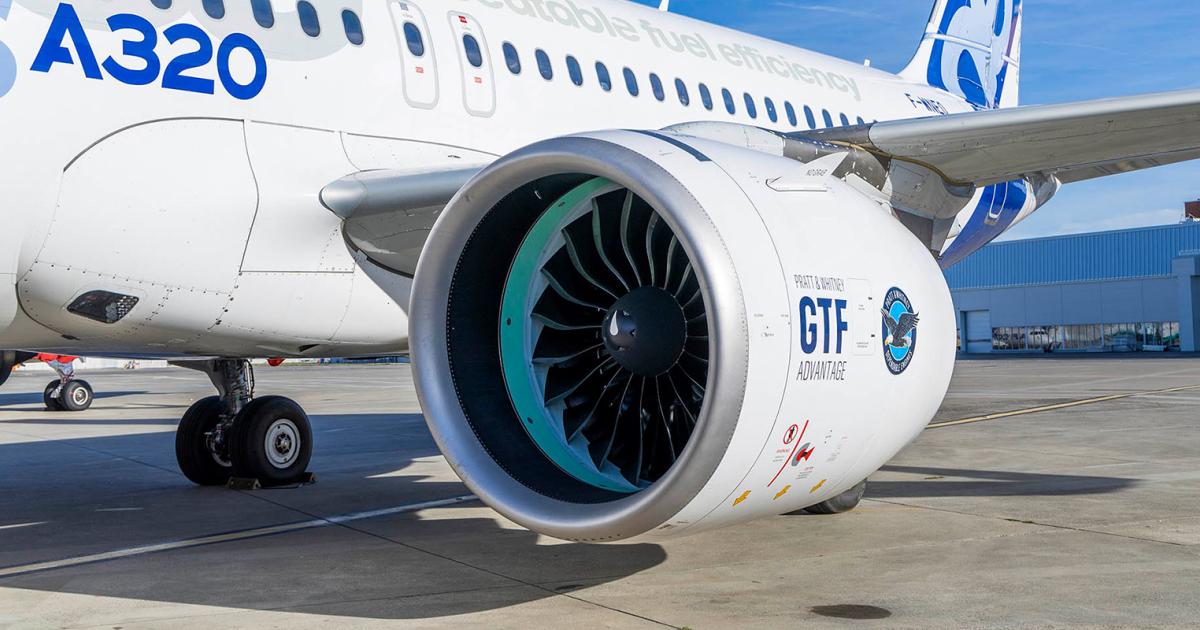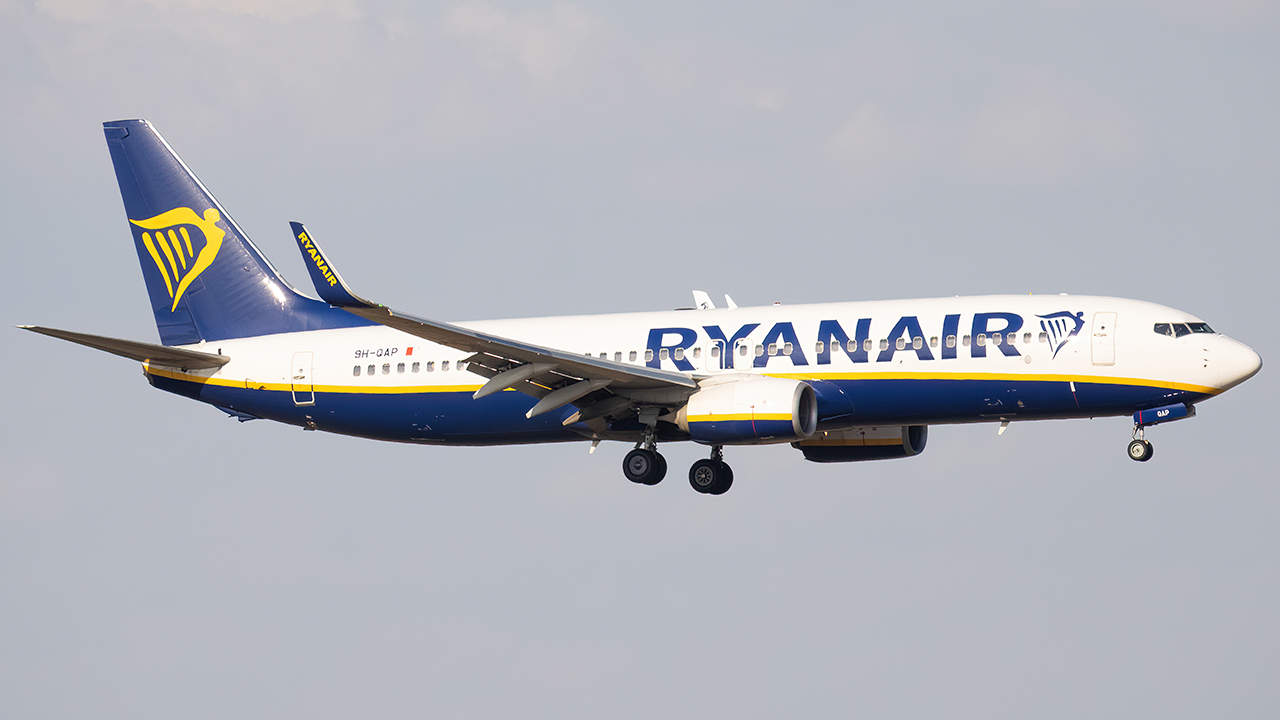Amid the COVID-19 pandemic, many airlines have intensified their losses or have received losses due to the COVID-19 pandemic. Asiana Airlines has been one of these airlines in previous years. Its struggles have led it to a new future.
Korean Air, South Korea's largest airline, recently announced that they will acquire a 30.77 percent stake in their rival, Asiana Airlines. This deal is valued at over 1.62 billion USD (1.8 trillion won) and will make Korean Air the 10th largest airline in the world.

Previous Pandemic Problems
As passenger volumes decrease due to the pandemic, many airlines have seen a sharp decrease in revenue. In response, airlines such as Air Canada have converted their aircraft to allow for more cargo carrying capacity. This strategy not only enables airlines to earn revenue from transporting equipment, but also increases cargo route networks and significantly reduces the time required to deliver PPE, among other crucial medical equipment. Other airlines, such as Vietnam Airlines and Pakistan International Airways, operate nonstop repatriation flights between the United States and other countries to carry doctors and scientists around the world. These flights are generally safer than most and allow airlines to earn revenue from an increased demand in a certain demographic.
Despite reporting a profit earlier this year, Asiana recently fell into over 11.5 billion USD in debt. Asiana has already used 3.3 billion USD in support received from the national-run bank, and recently received an additional 216 million USD in funding from the country's industry stabilization fund. Having seen decreased load factors, Asiana has been one of the airlines to make the change to increase cargo flight frequency, operating flights to SFO and LAX, among other airports. Though this has reduced the amount of debt held by Asiana, it has not been enough for the airline to fully recover.
Asiana Airlines has previously gone through a possible acquisition with HDC Hyundai Development, but talks ultimately weren't successful.
The Future

There will be long-lasting implications of this event on the Asian aviation industry. Primarily, the Korean aviation industry will be concentrated into one full-service carrier, Korean Air. Due to this, legal hurdles will exist as it will have to face Korea's antitrust law known as Monopoly Regulation and Fair Trade Act(MRFTA).
Hanjin Group is confident that this is a reason why there should be a merger. It states, "In general, countries with a population less than 100 million have a single full service carrier. However, Korea has two full service carriers, which gives it a competitive disadvantage compared to countries like Germany, France and Singapore with a single major airline."
Additionally, it touts the possibility of competitiveness with its fellow Asian competitors, stating, "Korean Air�s acquisition and the expansion of its routes, fleet and capacity will give the airline the competitiveness to compete with global mega airlines."

Also, Korean Air and Asiana Air's subsidiaries of Jin Air, Air Busan, and Air Seoul may be consolidated into one low-cost carrier. If this course of action is pursued, the combined conglomerate would rival Korea's current low-cost carriers, Jeju Air, Eastar Jet, and T'Way Airlines. According to data from 2018 by CAPA, a combined conglomerate would dominate the industry with a 25% market share domestically and a 12% market share domestically, compared to a 15% and 9% market share for Jeju Air domestically and internationally.
Fleet consolidation would be imminent for a Korean Air and Asiana Air merger. Korean Air primarily focuses on its long-haul Boeing 777, Boeing 787, and Airbus A330 fleets with a mixture of short-haul Airbus A220s and Boeing 737s. Asiana Airlines, on the other hand, focuses on its long-haul Airbus A350 and Boeing 777 fleets, as well as a short-haul fleet composed of Airbus A320/A321 aircraft. Our top analyst projects the imminent retirement of Korean and Asiana's Airbus A380 or Boeing 747 fleets due to their large capacity and inefficient fuel burn.
What do you think about Korean Air's acquisition of Asiana? Comment below!
Qanot Sharq Takes Delivery of First Airbus A321XLR to Transform Central Asian Long Haul Travel » Citation C550 Fireball: Greg Biffle and Five Others Killed in Failed Emergency Landing at KSVH » JetBlue Opens First-Ever ‘BlueHouse’ Lounge at JFK Terminal 5 »
Comments (0)
Add Your Comment
SHARE
TAGS
NEWS Korean Air Korea South Korea Asiana Asiana Air Asiana Airlines Korean Airlines Merger Merge Aviation TheExplorerBlogRECENTLY PUBLISHED
 GlobalX Secures Rare Authorisation to Operate Intra-Canada Charter Flights
Global Crossing Airlines Group, Inc. (GlobalX) has achieved a significant regulatory milestone in its northern expansion strategy. The Canadian Transportation Agency (CTA) has officially granted the Miami-based operator authorisation to conduct intra-Canada charter flights, a permission rarely extended to U.S. carriers.
NEWS
READ MORE »
GlobalX Secures Rare Authorisation to Operate Intra-Canada Charter Flights
Global Crossing Airlines Group, Inc. (GlobalX) has achieved a significant regulatory milestone in its northern expansion strategy. The Canadian Transportation Agency (CTA) has officially granted the Miami-based operator authorisation to conduct intra-Canada charter flights, a permission rarely extended to U.S. carriers.
NEWS
READ MORE »
 GTF Storage Crisis Deepens: 835 Aircraft Grounded as Pratt & Whitney Recalls Surge Post-Mid-Year
The operational crisis surrounding the Pratt & Whitney Geared Turbofan (GTF) engine family has reached a new peak. As of late Q4 2025, the number of stored jets powered by the PW1000G family has climbed significantly, highlighting a widening gap between maintenance capacity and the relentless pace of engine recalls.
INFORMATIONAL
READ MORE »
GTF Storage Crisis Deepens: 835 Aircraft Grounded as Pratt & Whitney Recalls Surge Post-Mid-Year
The operational crisis surrounding the Pratt & Whitney Geared Turbofan (GTF) engine family has reached a new peak. As of late Q4 2025, the number of stored jets powered by the PW1000G family has climbed significantly, highlighting a widening gap between maintenance capacity and the relentless pace of engine recalls.
INFORMATIONAL
READ MORE »
 Ryanair to Appeal $302 Million Italian Fine Over Alleged Travel Agency Restrictions
Ryanair has announced its intention to challenge a €255.8 million ($302 million) fine imposed by Italy's competition authority, which accused the airline of obstructing travel agencies and online booking platforms from selling its flights.
NEWS
READ MORE »
Ryanair to Appeal $302 Million Italian Fine Over Alleged Travel Agency Restrictions
Ryanair has announced its intention to challenge a €255.8 million ($302 million) fine imposed by Italy's competition authority, which accused the airline of obstructing travel agencies and online booking platforms from selling its flights.
NEWS
READ MORE »



